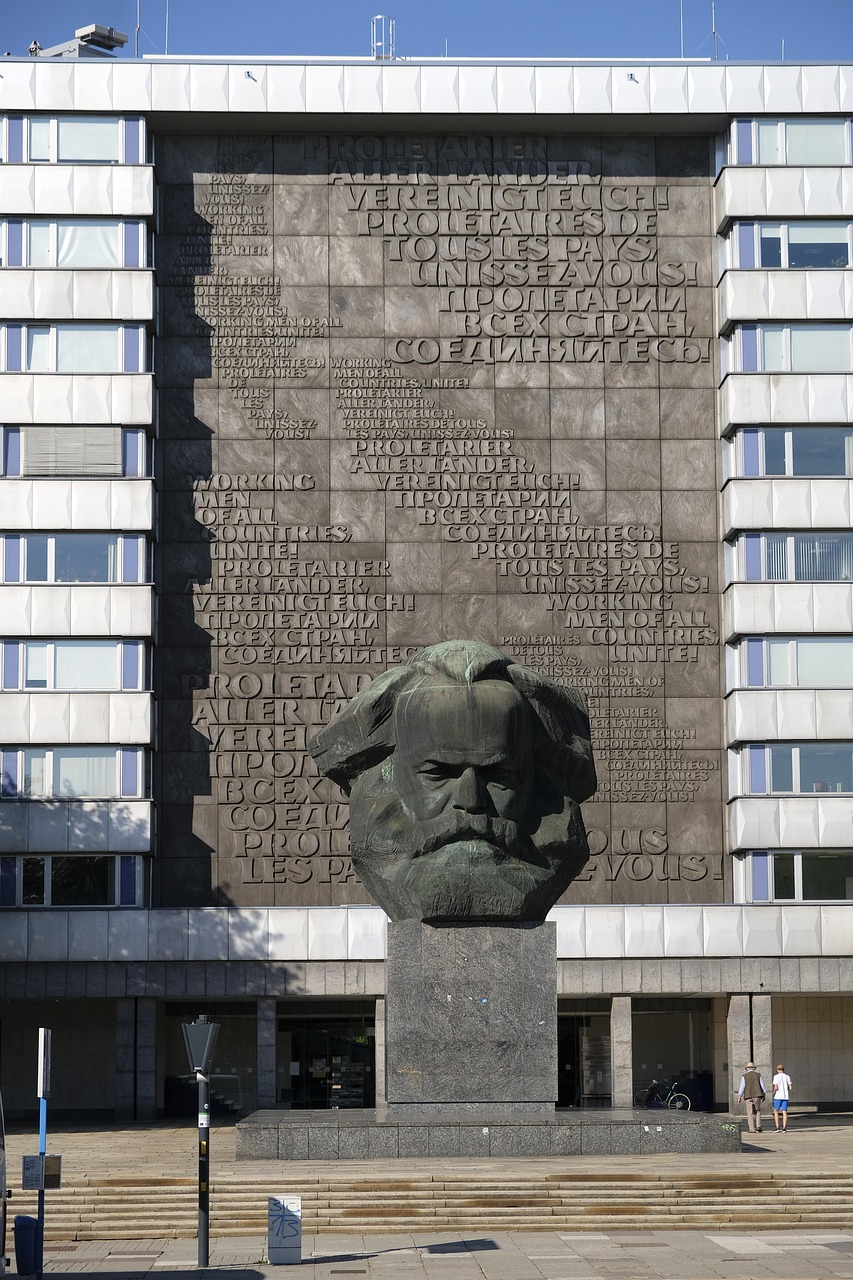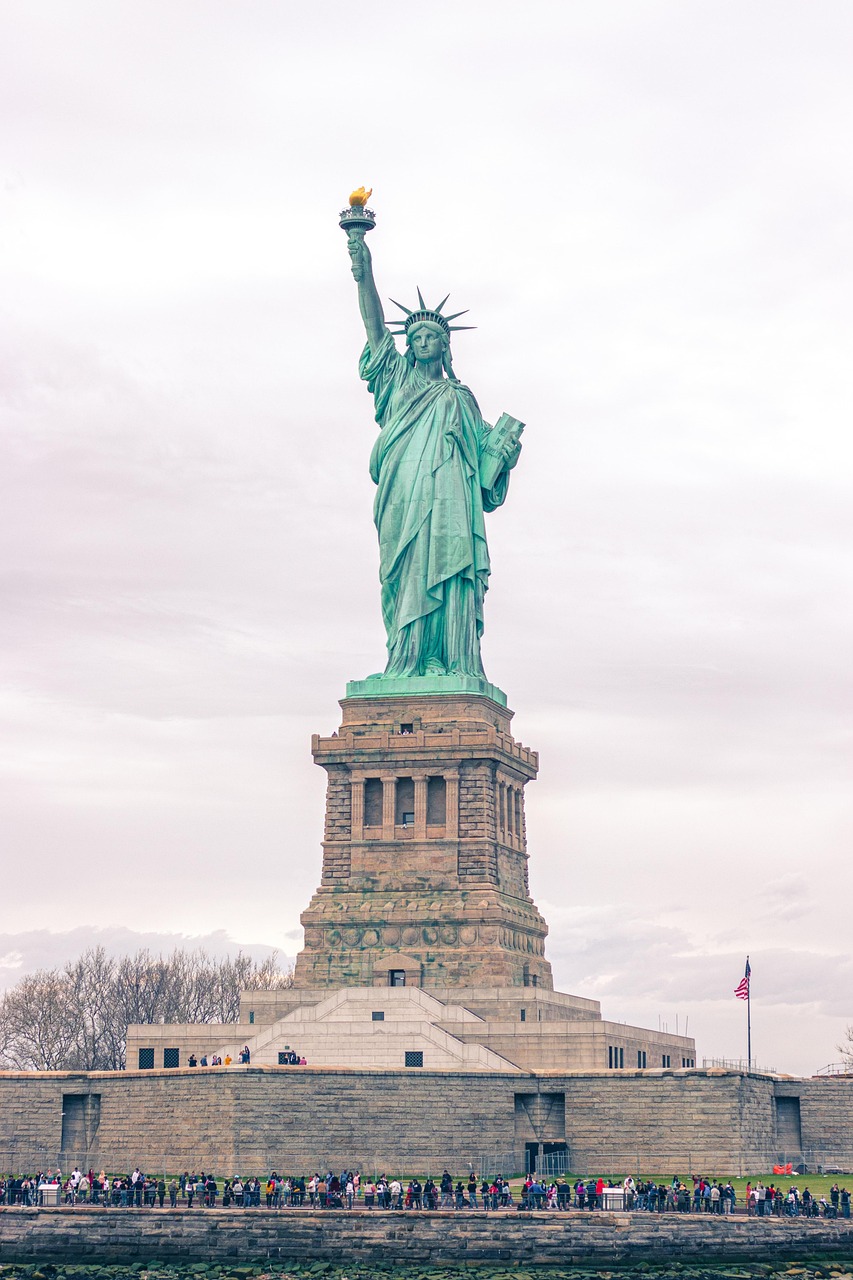Over by the New Forest in Lyndhurst a dispute is ongoing as to whether an ice cream van should be allowed to carry on selling its goods at Bolton’s Bench. The local ice cream shop owner, Tim Laine, has argued Mr Dickens’s van is stealing business from highs street shops and should be banned (not have its license renewed). According to him free commerce must be restricted in order to serve the greater good of the village. No. Free commerce must stand, and, the vested interests which are trying to bully this competitor out of existence must have the immorality at the heart of their collectivist reasoning exposed.
At the root of the complaints of Lyndhurst’s high street businesses is the belief Mr Dickens’s van is undermining their rightful claim to the trade of customers to the village which is established on the basis this serves the greater good. The issue with this argument is the greater good is not served by restricting free enterprise, and, even if it was, this would not warrant bullying Mr Dickens’s van out of the car park. Mr Dickens’s van is popular because it is closer to where many people want to go, i.e., the gateway to the New Forest. It serves some consumers better than high street shops, e.g. Forest Glade Ice Cream, which is about six minutes’ walk away from Bolton’s Bench. Banning the ice cream van would make these consumers worse off, because, they’d have to walk to the shops. Sales revenue may be transferred to local shops due to a ban, but the net effect would be bad overall due to many consumers simply not getting an ice cream at all who would have otherwise. It would even make many consumers of local shops worse off too due to the absence of the pressure to lower prices too.
The reality is the fifteen cafes and two ice cream parlours in Lyndhurst don’t like Mr Dickens’s competition because it reduces their profits. Fine. Yet it is not fine to try to remove Mr Dickens’s freedom to trade and threaten to tow his van away if he disobeys: This is simply bullying by vested interests. It’s disgraceful. I sense patrons of the high street though will still claim the greater good of the village is not served by Mr Dickens’s van though because his sales revenue doesn’t remain in the settlement, hence, the Forestry Commission is right to remove his license. Indeed, I think Mr Laine may be getting at this point when he says ‘the van…makes no contribution to the local events and the community of Lyndhurst’. This statement is false. Mr Dickens’s van provides ice cream to the people of Lyndhurst and if that is ‘no contribution’, Mr Laine’s ice cream parlour in and of itself provides ‘no contribution’ either. I doubt Mr Dickens’s van is setting back the greater good of the village (whatever that really means), but let’s just accept Mr Laine is correct and the lost trade to the high street is actually bad for the village. Would this warrant restricting Mr Dickens’s freedom to sell ice cream?
Imagine the owner of a very popular and sole café in a village decided he wanted to set it up in another town. Nobody can be found to carry on the café though. If the moral principle, the freedom of businessmen can be restricted to serve the greater good of a village, is accepted, this would warrant forcing the owner to carry on running the café. This is unacceptable; hence, the moral principle is too and must be rejected. And with it goes the main justification for restricting Mr Dickens’s freedom to sell ice cream. Even the narrower principle, people shouldn’t be free to spend their money on goods and services which do not serve the greater good of the community, is implausible too. Are the residents of Lyndhurst supposed to have their bank accounts restricted so they cannot buy ice cream and coffee elsewhere, or, are ration books for spending outside of the village to be issued? Such spending serfdom is clearly wrong, hence, the narrow principle which could support the ban on the van is too. Besides were every city, town and village to implements this spending serfdom it is very likely the greater good of the vast majority of them would actually be set back because the marginal enjoyment of everyone from going to different places to eat would cease, and, hence, sales revenue deriving from this would no longer exist to be distributed among them.
Up until the last paragraph I have largely accepted Mr Laine’s implicit contention the greater good of a community is reason to require action to serve it. In reality this contention is deeply questionable. While baking myself, the fact I could bake another cake for my neighbour at little inconvenience to myself and to the great joy of him is not reason in itself for me to bake that additional cake. Insofar as the good is understood as that which we have reason to pursue then the greater happiness of both of us in the aggregate is simply not the greater good; it is no reason for my action after all. Analogously, the greater happiness of my village, town or city is not reason, per se, for my action for it either. Mr Laine’s implicit contention the business of Mr Dickens’s ice cream fleet is only warranted insofar as it serves the greater happiness of the village is thus shown to be false.
The pursuits, projects and plans of ourselves as individuals, whether they be running an ice cream van, creating a rock garden or becoming a lawyer are rightly done for our own sake, for our own personal good; the fact they may not maximally advance the happiness of our communities is irrelevant. We are not serfs to our communities after all. Provided we all respect the freedom of each person, keep our promises and stay polite, we do no wrong. Mr Dickens’s van does not restrict the freedom of anyone; he is doing no wrong. Indeed, it is his competitors who are attempting to restrict his freedom who are doing the wronging; they are the fount of evil in this dispute, peddling their collectivist ethic which would ideally make every single person nothing but a cog in the machine of the community.
In sum, “the greater good” of Lyndhurst is no warrant to restrict the freedom of Mr Dickens’s van to sell ice creams at Bolton’s Bench. If it were, we would be on the sinister road to forcing businesses to stay open and restricting where people can spend their money. Nor, even accepting the dubious notion of “the greater good”, is it likely banning the ice cream van would help Lyndhurst anyway. Ultimately, the shop owners of Lyndhurst are attempting to use the power of the state to bully Mr Dickens’s van out of business. This is wrong: Free commerce must stand; Mr Dickens’s ice cream van must stay put.















